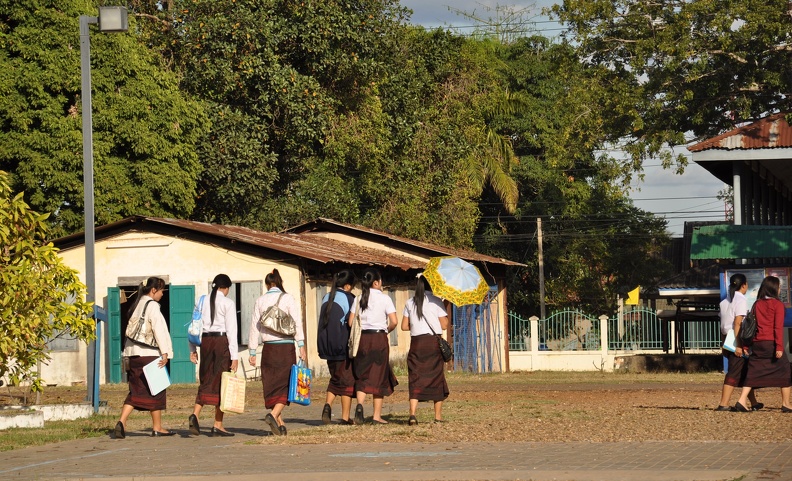Marcos Pedlowski gives a guest lecture on 11.12.2018:
Tue 11.12.2018: The Brazilian Amazon and the prospects of explosive deforestation after the 2018 presidential elections
The Brazilian Amazon is considered as one of the largest containers of global biodiversity. However, since the early 1960s the region is facing an increased process of perturbation through a combination of outright deforestation for agriculture expansion and different forms of degradation by loggers and miners. After a decade of relatively low rates of deforestation, the Brazilian Amazon is facing an increase in rates of deforestation and forest degradation, mostly because of the expansion of soybeans and sugarcane plantations, cattle raising, mining, logging, and the construction of large hydroelectric plants. The recent election of Mr. Jair Bolsonaro, a vocal opponent of conservation efforts and to the Paris Climate Agreement, will probably increase the pressure on the Brazilian Amazon and the indigenous people living there. Mr. Bolsonaro has already announced that he will dramatically downsize the Ministry of the Environment and place the environmental protection agencies at the Ministry of Agriculture. This move, if confirmed, will increase the prospects of an exponential increase in deforestation in the Brazilian Amazon. This outcome would certainly contribute to weaken the efforts to diminish the pace of climate change.
Time and place: 14:00 – 16:00, Metsätalo, lecture hall 2 (B212), Unioninkatu 40
Dr. Marcos Pedlowski holds a BS in Geography from Universidade Federal do Rio de Janeiro (1986), and MSC in Geography from Universidade Federal do Rio de Janeiro (1990) and a PhD degree in Environmental Design And Planning from Virginia Tech (1997). Since 1998 he has been an associate professor at the Centro de Ciências do Homem in the Universidade Estadual do Norte Fluminense in Brazil. Dr. Pedlowski’s interests involve a wide array of topics linked to geographical studies and his research projects focus on the following subjects: land reform, land cover and land use changes; policies of environmental conservation, and urban studies. More information: https://scholar.google.com/citations?user=YXdaAuYAAAAJ&hl=pt-BR and https://www.researchgate.net/profile/Marcos_Pedlowski. Dr. Pedlowski is a visiting research in Development Studies in the Faculty of Social Sciences at the University of Helsinki in December 2018.
